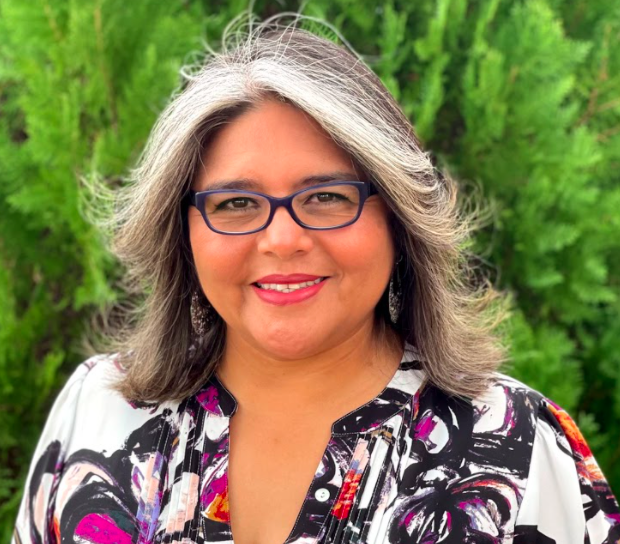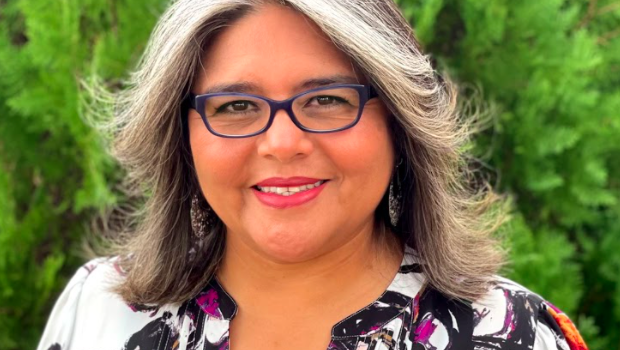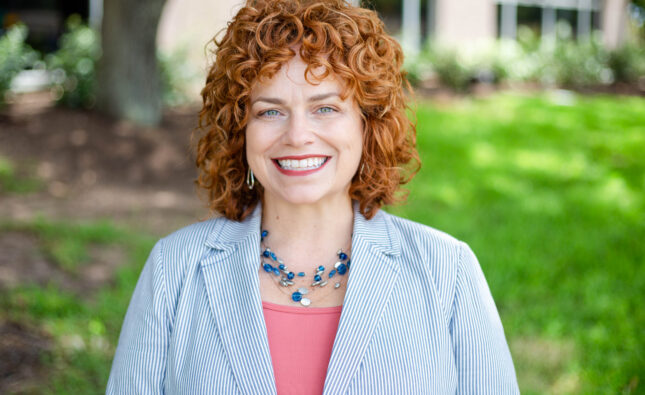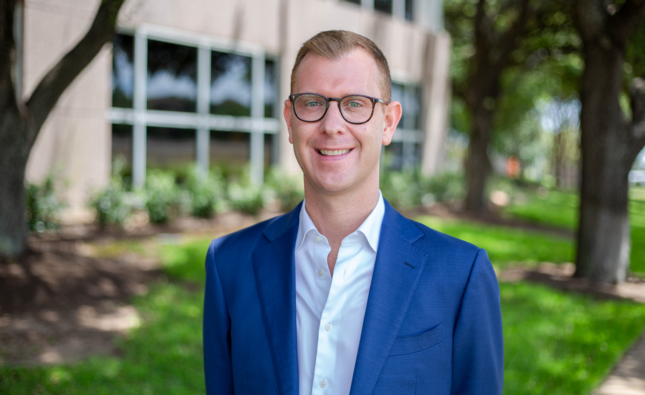 by Leticia Maynard, Director of School Transformation, E3 Alliance | April 2021
by Leticia Maynard, Director of School Transformation, E3 Alliance | April 2021
Of course you’re overwhelmed! This year hit us like a ton of bricks, spun us around, and forced new ways of thinking about educating our students. We were expected to walk a straight line, as if remote teaching was a natural and easy extension of what we do every day. While federal, state, and local governments struggled to determine how to react to the crises and superintendents awaited changing guidelines, we anxiously held our breath about what the future would hold. We watched the news and followed the feeds 24 hours a day, doing our best to understand the risks and implications of COVID-19 for schools. My fellow educators have used the words exhaustion, overload, pressure, and demanding during the past year. Undoubtedly, the 2020 pandemic caused enormous worry and stress about providing for ourselves, staff, students, families, and the communities we serve. We worked overtime to finish the school year strong. We would spend the summer planning for the fall and hoping, truly hoping, that returning to in-person instruction would happen.
Many school districts throughout the country took those summer months to plan for two modalities: remote and in-person. As the new school year began, some districts decided to operate at 100% in-person; they were willing to take on the challenge of leading instruction on top of the rigorous safety protocols needed to maintain a safe environment. Educators were navigating rough waters and still are today, as we determine new actions to improve attendance, fine-tune effective instruction, and tackle so many other, already difficult challenges, magnified by the pandemic. So, as the leader of your school, what can you do to lead forward? How do you react to the challenges you are facing? Consider these three power moves to strengthen your leadership: listen, let go, and love.
Leadership Power Move #1: Listen
Listen to what your educators are saying. School leaders have an incredible opportunity to build a school culture of fellowship — that we are here for each other — despite the mounting challenges. Start by opening the lines of communication and choosing your words thoughtfully. Understandably, we all feel the stress of the pandemic, but we can shape our language toward empathy and compassion without losing sight of our goal, which is staying true to your campus mission and vision.
Framing the language on your campus is the first step for a leader to stay focused and supportive when you don’t have all the answers. Avoid offering statements like, “things could be worse,” or “look at the bright side.” Opt for more reassuring statements like: “this IS stressful; how can I help you?” Leaders who listen and offer support through kind words set the tone for an environment that is encouraging and caring.
Words are powerful! Use them to assure your staff that you acknowledge their stress levels, you are there to support them, and together we will move forward. Schedule and plan for one-on-one or small-group conversations to check the pulse and well-being of your staff. Open and honest conversations give us a chance to learn about what is keeping us from making progress. Identifying these areas help guide your next leadership moves.
Leadership Power Move #2: Let Go
Let go of the stressors. While there are many things we have no control over, we do have control over some things. With this in mind, evaluate what is causing your staff stress. Ask yourself: “Are these things truly essential to move our work forward?” If they are not, then remove them from the workload.
Before the pandemic we did many things that were crucial to our work and progress. However, during this pandemic, we discovered that many of those things became irrelevant because we could no longer proceed as we traditionally would. Do not let your past practices define or dictate how you lead your work now. Re-evaluating with the lens of this pandemic reality allows you to see the work from a different perspective.
Remain true to your mission and vision, but permit yourself to let go of the practices that yield little return and bring so much stress for you and your educators. We used to manage many things with little time, but facing these new difficulties requires that we be especially careful to avoid burnout. By putting a laser focus on the things that produce positive outcomes, whether it be attendance, instructional, or school culture practices, you can perfect these few high-impact approaches that will move your work forward without stressing everyone out.
Leadership Power Move #3: Love
Love on your team and show them how much you appreciate them. This is the time to go the extra mile and get those favorite treats that everyone loves, give them the pajama day they’ve been asking for, or supply the extra large drinks from the local drive thru down the street. Write personal, short thank-you notes to staff members when you see them doing great things or when you see them struggle.
These small acts of appreciation are the building blocks for creating the loving and supportive environment that remind us of how much your educators are needed and treasured by so many. Remember that even though you don’t have control over many things right now, you can take charge of these small acts of kindness that make a world of difference to your overwhelmed, hardworking staff.
This is an important and re-defining time for education. We already know this career demands compassion and a fierce commitment to teach others, even without the strain of a pandemic looming overhead. Use these power moves to survive and thrive through these challenges: listen, let go, and love. Then you can enjoy the rewards you, your staff, students and school culture will receive in return.
Leticia serves as the services coordination lead and supports campuses in the transformation project. After earning her undergraduate degree, she worked in nonprofit organizations for six years, running programs for youth placed by Children’s Courts, family, school, and communities before returning to education.
Leticia has over 15 years of experience in education and during that time received Teacher of the Year and Secondary District Teacher of the Year Awards. She has worked as a SIM (Strategic Instruction Model) instructional coach and English as a Second Language and Dual Language District instructional coach. Leticia earned a Bachelor of Science degree in biology from the University of Texas at San Antonio and a Master of Education in educational leadership and policy studies from the University of Texas at Arlington.
Click here to view a collection of free informative and practical videos, graphics and interactive tools that align to the solutions we provide to support your work as an educator.








